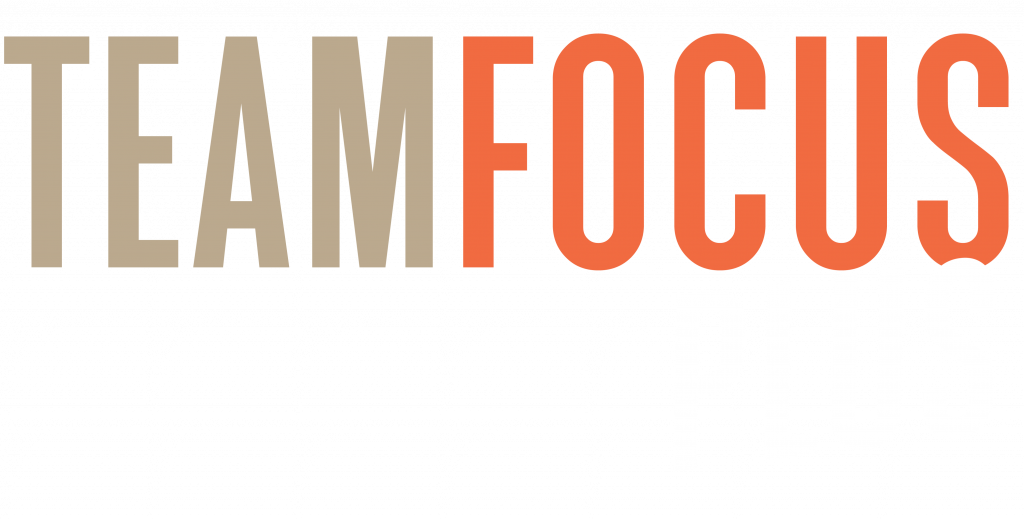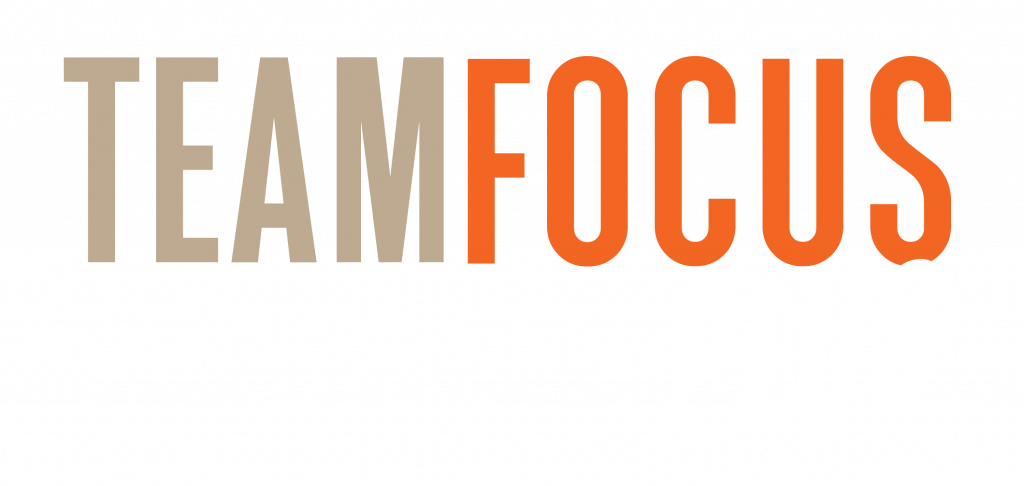Navigating Leadership and Management: Understanding the Difference

In business, leadership and management play different yet complementary roles. Management ensures efficiency and control, while leadership inspires and empowers teams. Both are essential for organisational success, combining efficiency with inspiration to navigate challenges and drive growth.
Empowering Leaders: The Role of Software in Modern Leadership

In today’s business world, leaders face unprecedented challenges. Enter REACH LX—a suite of profiling tools designed to empower leaders at every level. With evidence-based insights and AI-driven solutions, REACH LX enables data-driven decisions while maintaining a heart-led approach to leadership. Invest in REACH LX and revolutionise your leadership journey today.
Unlocking Success: The Power of Context in Leadership

Effective leadership hinges on providing context, which empowers individuals to understand the significance of their contributions. Context clarifies the ‘why’ behind tasks, fostering autonomy and a sense of purpose among team members. It also promotes transparency and trust within teams. Mastering the skill of providing context unlocks the full potential of teams, fostering collaboration and long-term success.
Managing A Virtual Team

Soft skills relate to how a person approaches their work regardless of the industry they are in, as opposed to hard skills, which are technical and job specific. Some of the key soft skills you want in your people include leadership, time management, teamwork, and flexibility.
Does Work Culture Affect Team Morale?

Knowing your project’s task dependencies can ensure that you deliver it on time. By completing tasks in the best order, you can streamline your project workflow. Identifying task dependencies can also help you estimate the duration of each job which allows you to create a realistic schedule and manage stakeholder expectations.
All you need to know about task dependencies

Knowing your project’s task dependencies can ensure that you deliver it on time. By completing tasks in the best order, you can streamline your project workflow. Identifying task dependencies can also help you estimate the duration of each job which allows you to create a realistic schedule and manage stakeholder expectations.
How to Manage a Taskboard

A task board divided into labelled columns which represent team workflow. Tasks are then organised and moved across these columns based on which stage of the work process. It allows your team to view the “flow” of a project on a visual level.
Why Do Projects Fail?

It is challenging to manage a project when all the available resources are not yet defined. Resource planning should also be an essential part of your preparations. Make sure to take note of financial, intellectual, structural, and human resources during your planning.
6 Winning Tips to Succeed in Time Management

Keeping this in mind, try to block out distractions while working. You can do this by turning off notifications on your phone and laptop. Instead of checking your email every 10 to 15 minutes, try doing it every few hours to limit interruptions.
Why Your Leader Will Benefit from Time Management Coaching

Some leaders fail to delegate work to their team members for many reasons. They may think that training their teammates to complete a task is more time-consuming than doing it themselves. They might lack trust in the capabilities of their team, or they may have difficulty relinquishing control.

